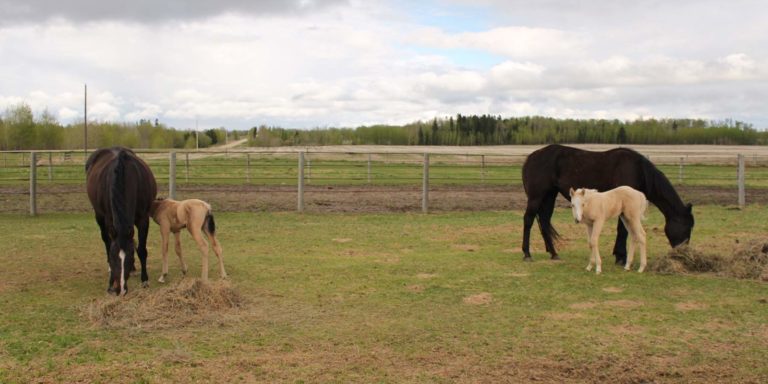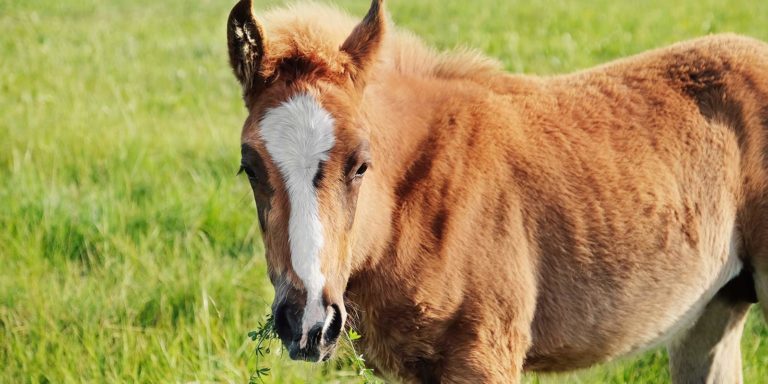Posts Tagged ‘equine’
Horse Vaccines
Horse Vaccination Guidelines
Have you been thinking about horse vaccinations and parasite prevention? We understand that with rapid developments in vaccine technology and a seemingly endless array of products on the market, it’s often hard for horse owners to know where to begin.
We are here to help!
Deciding what vaccines to give your horse, boils down to a few factors so therefore, an effective equine vaccination program begins with a discussion with your veterinarian!
Vaccine Protocols
Core vaccines— recommended as minimum requirement for all horses.
These are:
- Eastern encephalitis (EEE) (aka: sleeping sickness)
- Western encephalitis (WEE) (aka: sleeping sickness)
- Tetanus
- West Nile Virus (WNV)
Other vaccines– recommended based on the use, housing and travel schedule of the horse. Often the following vaccines are recommended in addition to the core vaccines:
- Equine Influenza Virus (EIV) (aka: flu)
- Equine Herpes Virus 1& 4 (EHV 1& 4) (aka: rhinopneumonitits or rhino)
- Strangles– Only administer if the horse has NOT been exposed to or infected with strangles recently (Titers can be performed to ensure the vaccine is safe for your horse).
Some vaccines are recommended based on specific risk or situation/outbreak:
- Strangles – Strep. equi (aka: distemper)
- Potomac Horse Fever (PHV)
- Rabies
Deworming Protocols
Every herd is different. Parasite load is directly related to stocking density, management practices, and individual variation. Fecal testing is highly recommended before deworming to assess the parasite level of the horses in question and whether or not deworming is required. With good management practices, the amount of dewormer required can be reduced.
- Within a herd, there will be some animals with high parasite levels (requiring treatment), some animals with low levels (not requiring treatment), and a spectrum of animals in between. It’s important to know which horses are which.
- Typically your high shedding horses will be consistent year to year. Fecal testing will be able to identify which animals these are.
We are happy to discuss your unique situation, give us a call any time 780-349-3663.
Mare Milk Replacers
For short term use only.
FORMULA #1
- 24 ounces of cow’s milk
- 12 ounces of saturated lime water
- 4 teaspoons of dextrose
FORMULA #2
- 4 ounces of evaporated milk
- 4 ounces of warm water
- 1 teaspoon of white corn syrup*
FORMULA #3
- 8 ounces of 2% cow’s milk
- 1 teaspoon of white corn syrup*
FORMULA #4
- 3.5 quarts of cow’s milk
- 3.5 quarts of water
- 10 ounces of wheat flour
- 10 ounces ground malt
- 2 ounces of potassium bicarbonate
*Table sugar may cause diarrhea and thus should not be used as a substitute for corn syrup


